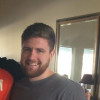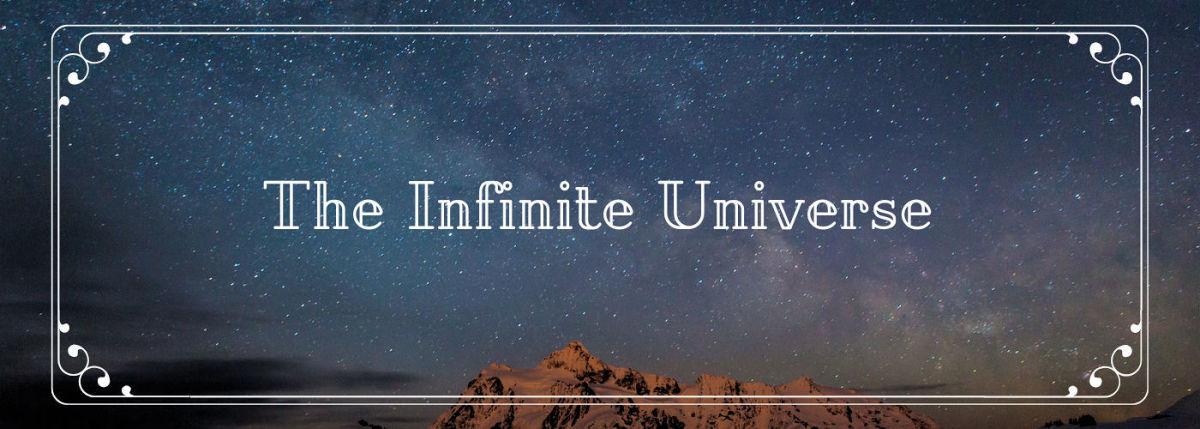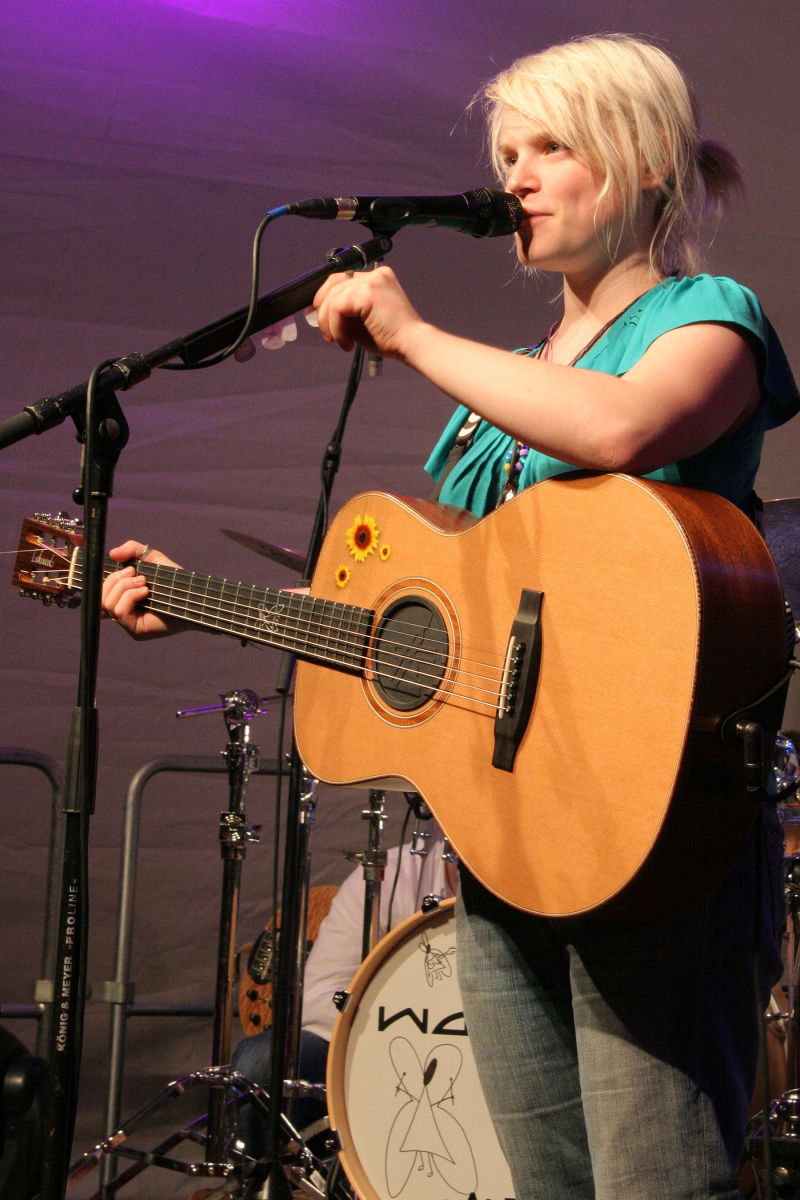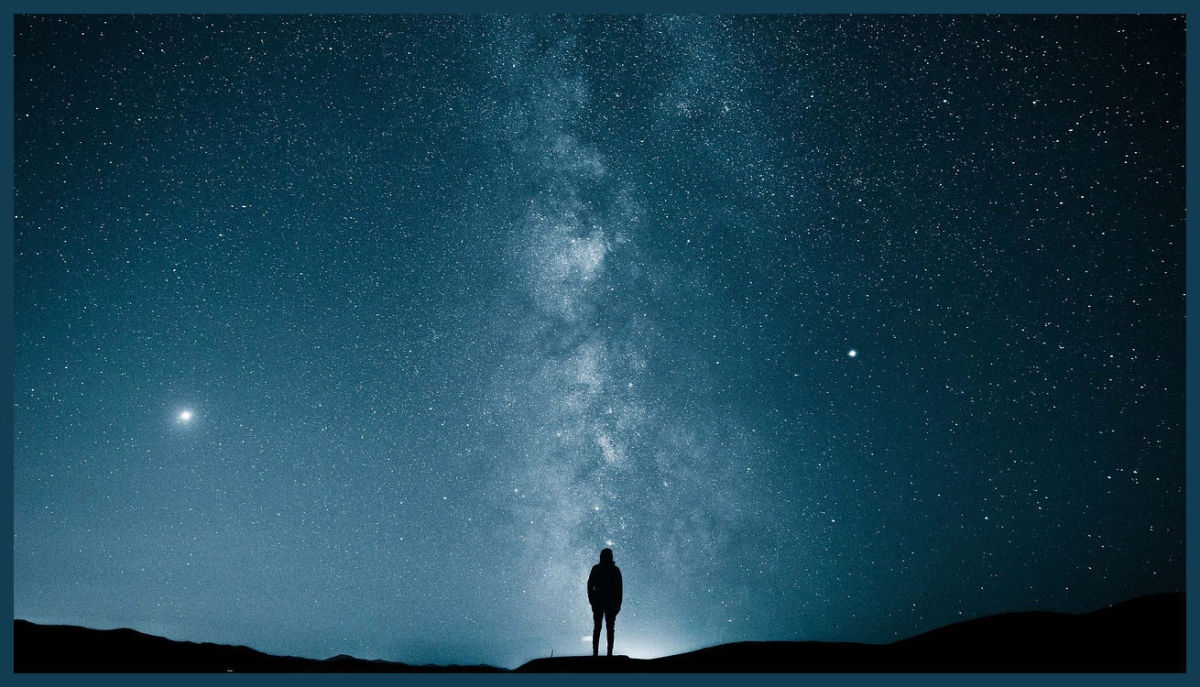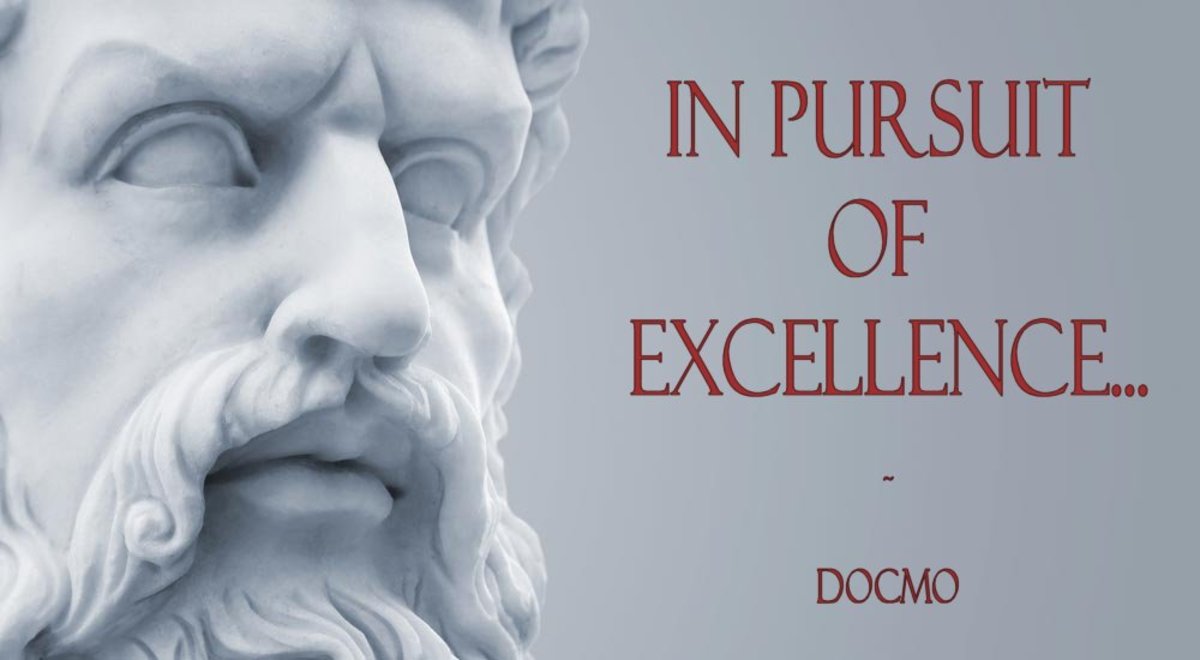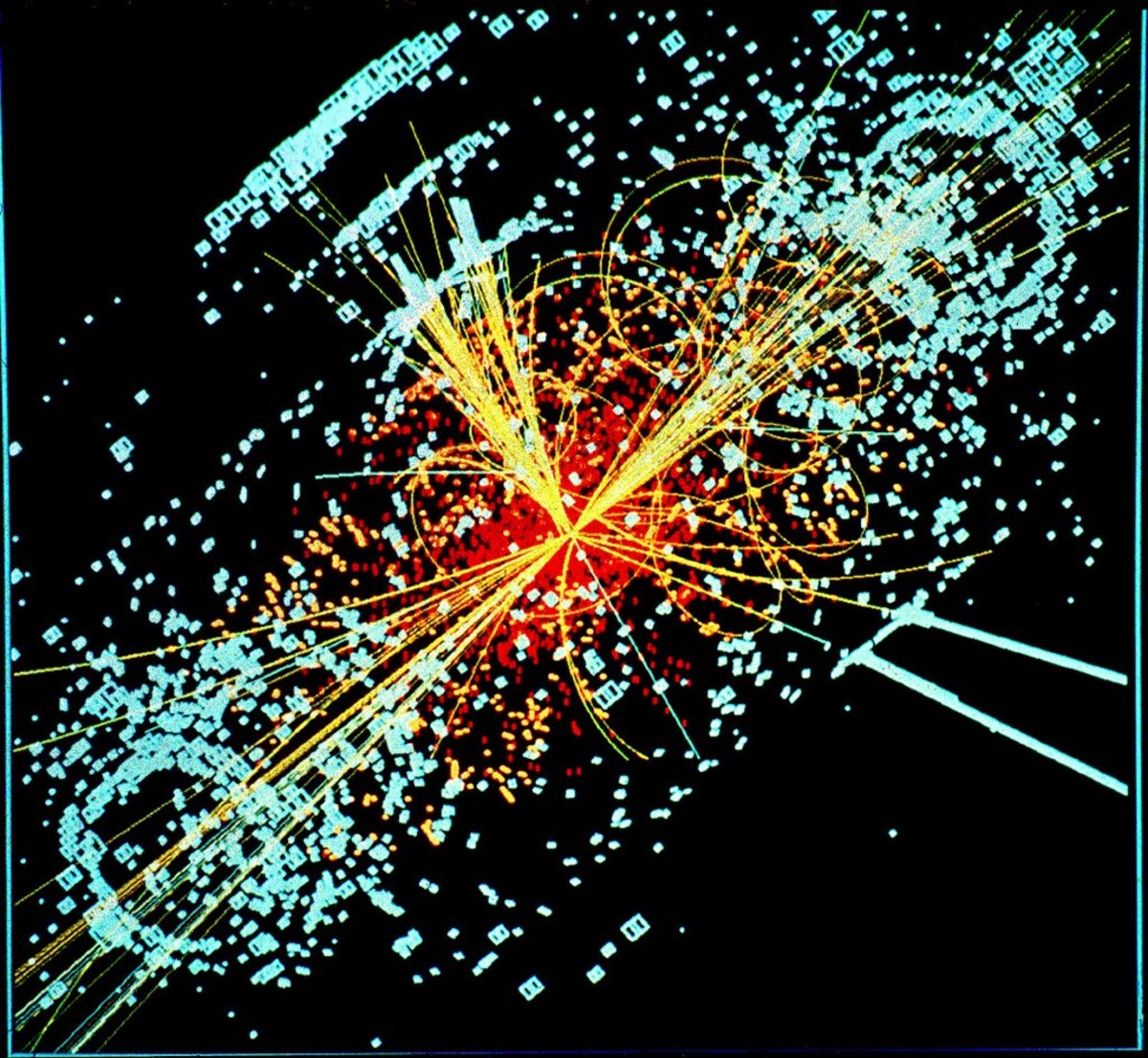The More You Learn the Less You Know
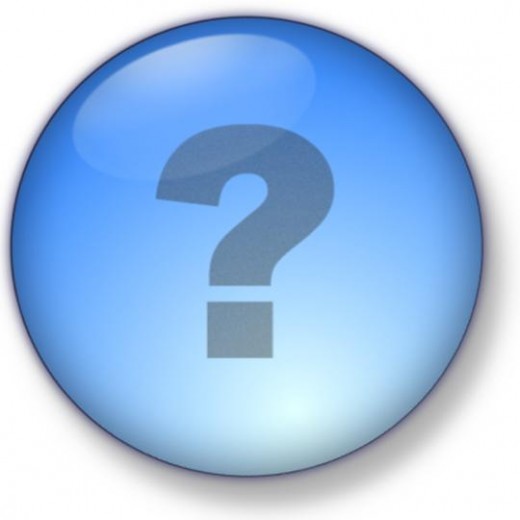
It’s an interesting proposition, one that has generated quite a bit of thought on my end. Is it possible that “the more you learn, the less you know”? From the surface this has obvious contradiction. None of us went to school to know less, and for the sake of sanity the last think we would want to believe is that we are actually becoming progressively more naïve! In even the most dilapidated realities we could only conclude that a subsequent function of learning would be knowledge. To learn which I will symbolize as (L) must have a causal connection to knowledge (K).
L ⊢K
Learning can never equal K, for K is a derivative of L. But…
L∞=K
Infinite learning may have the ability to equal Knowledge. I say maybe because only if learning is a circular function could this be true. This would mean that the expectation would be made that Knowledge has boundaries, but with theories of parallel universes and particle accelerators big enough to test the theory who really knows. For the sake of this argument we will limit this to a more palatable concept of knowledge that encompasses only that which is tangible. For example:
If we assume that knowledge has boundaries than it can be determined that learning would infinitely circumnavigate it, completely encapsulating knowledge. Obviously this is only hypothetical, the concept of learning infinitely is impossible. For one it is subjective and its application and fundamentals vary on even the minutest details depending on the person’s cognitive abilities. But once again for practical purposes lets assume a baseline for learning. The majority of humans have the ability to observe, process, and store information from individual or multiple senses consciously or unconsciously. We remember at varying rates and regurgitate it in a variety of manners. Though for all in tense purposes we will assume learning does produce sustainable knowledge.
Thus if knowledge has bounds and learning has structural integrity than the idea: “the more you learn, the less you know” is fundamentally false.
Luckily this is obviously not the case. Even on the surface (whether on the academic level, or practical) learning, or discovery in many instances, does not bring conclusive knowledge. For example in the 18th century scientists believed they had discovered the smallest particle of matter, the atom. At the turn of the 19th century the discovery was made that the atom was made up of a positively charged nucleus (protons & neutrons) surrounded by negatively charged electrons. Today atomic structure theories show that there could be more than 20 subatomic particles that make up atomic structure. This type of perpetual redefining creates a structure of learning that is much more malleable. What was once conclusive knowledge (like the circle example) actually became much more parabolic. In addition this gives way to previously undetermined variables: Incomprehensibility, Inquiry and Time. Time, which is the inevitable variable, plays a critical role in this function. Learning is fundamental part of life, as we know it. We inquire (I) about that which is incomprehensible (C), and Time (T) forces us to seek knowledge (i.e. learn) to help our chances of survival.
Intuition tells you that knowledge is just as fundamental as learning; that knowledge is the foundation for the grandeur that we can see before us. Progression is a by-product of knowledge and without it we would still be living in caves or dying of measles. That which we know drives us to that which we don’t, this is absolutely true. But replace knowledge for belief and the idea still works. Anyone would tell you that Knowledge and Belief are complete opposites; they are polar ends of the spectrum. So how is it that something so definitive could be true in both instances?
Simple, knowledge is simply made up of congealed beliefs. Or as most of us have learned it: THE SCIENTIFIC MEATHOD. Test something that you believe to be true and if substantiated it becomes knowledge. Instinctively this sounds conclusive but if we continue to brake down the idea of knowledge, as it is understood, whereas it leads to progression we see the façade come cascading down. There is absolutely nothing conclusive about knowledge! If knowledge were conclusive it would stunt progression, not be a catalyst.
Therefore, if we brake down knowledge into factions of triviality we can find conclusion. But triviality doesn’t inspire us, nor do we learn from it. It is the understanding that more knowledge only carries with it more belief. They are parallel functions that create a scope of understanding that is infinite.
Learning does lead to knowledge, which we can only now define as part of the function and not the result. Knowledge has variability and can fluctuate simultaneously or inversely with learning. It doesn’t have to fall into scope of intent or practicality therefore implying infinity.
Not only does learning guide us toward more understanding but it inversely leads us farther away, i.e. the closer you get to infinity the further you get away from it. For example: for everything we decide to research, every discovery we decide to pursue further, we leave an umpteen amount of knowledge in its wake. The parabolic nature of learning doesn’t encompass knowledge in the slightest.
Let us once again go over our fundamental variables to better explore this idea:
Time: With every moment that passes there is an infinite amount of information that is created and destroyed.
Incomprehension: Though it is the driving force for learning it will always be a factor. Therefore implying its infinite nature and thus our inability to exist without it.
Inquiry: While it is our major tool to discover and adapt, its directionality is difficult to acquire. Meaning we are oblivious to the fact the subsequent nature of learning can not only widen scope but also narrow it.
Learning: As I said before, learning can be finicky and unreliable at times. It is an absolutely necessary function but it is completely subjective and always evolving.
Knowledge/Belief: While we feel substantiated when we utter either word people have difficulty grasping the incoherence of it. All good comes from it, but we rarely admit so does all evil. Knowledge and beliefs are nothing but a pool of tolerances and substantiations that intermingle and congeal at will. Whether or not they possess real tangibility is not always evident.
Admittedly these may not even be all the factors involved in our quest for knowledge, thousands more may exist. Inconceivable to many (including myself) this would only mean our scope of knowledge would be that much more narrow.
With these in mind I will readdress our functions:
C= Incomprehension
I= Inquiry
¦(x)= Knowledge
¦(y)= Learning
¦(z)= Time
(Þ) if/then
CÞ I = y
¦(xyz)= (x ·~x) + ( C Þ I) + z∞
In all the function actually creates a scope of knowledge and learning that is confounded in reality. Instead of our original circle we find ourselves with a more parabolic shape. With the addition of time for our third dimension we actually have created more of a cone shape or scope. This shape stretches out into what would be our sphere of potential knowledge. As knowledge is created we direct ourselves accordingly and continue down the trotted path. The sphere of knowledge grows exponentially faster than our learning potential could ever allow us to comprehend.
If at every moment there is an infinite amount of knowledge that is destroyed as there is created, learning is subjective and narrowly directed, and time is constant than our argument becomes much more plausible. Because knowledge is a variable and not the result, as you would feel inclined to believe learning could actually cause a decrease in knowledge.
To put this in another way:
For every tree that is cut down we loose an infinite amount of potential knowledge. Because we were inclined to use that tree for a piece of furniture, as a research sample, or piece of paper we will equally lose our opportunity to understand it as anything else. And just as our universe continues to expand into infinity so will our knowledge potential. There will always be ideas that seem incomprehensible, and our inquiry will always move toward understanding them. Therefore learning will lead us to knowing that which we want to know not necessarily what there is to know.
In conclusion the idea that “the more you learn, the less you know” is more than possible, in fact it is closer to reality than we would like to admit.
